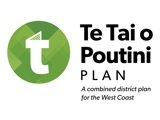A customer has a right to appeal or to complain about any building function the Buller District Council undertakes; have this heard and resolved. Complaints provide feedback about our service and give us the opportunity to improve our performance.
Complaints may be made in person, by phone or fax, email or in writing, and must include what the complaint is about, the address if relevant, whether a complaint has been made previously, what action you would like to happen, a contact name and preferably a contact address.
The contact details are required so a staff member can advise you about what has happened, and any action taken. Generally, anonymous complaints will not be acted upon unless they relate to possible health and safety risks.
Complaints that are in relation to possible health and safety risks will be investigated as soon as possible. We will investigate your complaint and contact you to work through the issue. Your complaint will be acknowledged within 5 days, something will then be done about your complaint within 28 working days.
All complaints will be treated in confidence (your name will not be released under any circumstances) but if they relate to a staff member or any other individual the Council will also seek and consider their input before considering any action to be taken.
Complaints are recorded in a service request system and emailed to the appropriate department unless they concern a staff member in which case the complaint will be forwarded to the relevant team leader or manager.
The Group Manager Regulatory Services has the responsibility to ensure a satisfactory resolution of complaints but if you don’t believe that your complaint has been dealt with satisfactorily the Chief Executive has the ultimate responsibility for dealing with complaints if they have not been able to be resolved.
If you are still unhappy or choose to use an alternative route to settle a matter of doubt or dispute about a building control function you may apply to MBIE for a Determination. Visit www.building.govt.nz for further information on this service.
A building control function is defined as a complaint about:
• meeting statutory time frames
• lodgement or vetting of Building Consent applications
• failure to meet legislative or Building Code requirements
• issuing Compliance Schedule
• failure to provide appropriate information or advice
• processing of Building Consent applications
• inspection of work under construction
• issuing of Code Compliance Certificates
• fees and charges
• issuing of a Notice to Fix










